Carpineto Romano, la città delle 11 chiese
Carpineto Romano è un borgo ricco di storia e spiritualità, conosciuto come la città delle 11 chiese. Un patrimonio unico che racconta secoli di arte, tradizione e vita comunitaria.
Ecco le undici chiese presenti nel paese:
Chiesa di Santa Maria del Popolo
Chiesa di San Pietro Apostolo – famosa per aver custodito una tela attribuita a Caravaggio
Collegiata dei Santi Giovanni Battista ed Evangelista
Chiesa di San Leone Magno – voluta da Papa Leone XIII nel 1882
Chiesa di Sant’Agostino – con l’antico convento agostiniano, dedicata al patrono del paese
Chiesa di San Nicola – oggi sconsacrata, sede del Museo dei Cimeli di Leone XIII
Chiesa di San Michele Arcangelo
Chiesa di San Sebastiano
Chiesa della SS. Annunziata
Chiesa di San Giacomo Maggiore
Chiesa di San Giovanni Evangelista
Dal nostro B&B puoi partire per un vero e proprio itinerario alla scoperta di questi luoghi: tra arte, silenzio, panorami e racconti di un borgo che custodisce le sue radici con orgoglio.
Vieni a scoprire Carpineto e le sue chiese: non solo luoghi di culto, ma autentiche pagine di storia locale.
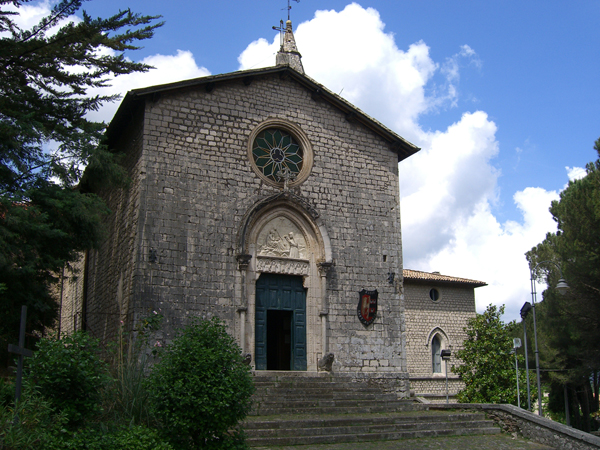
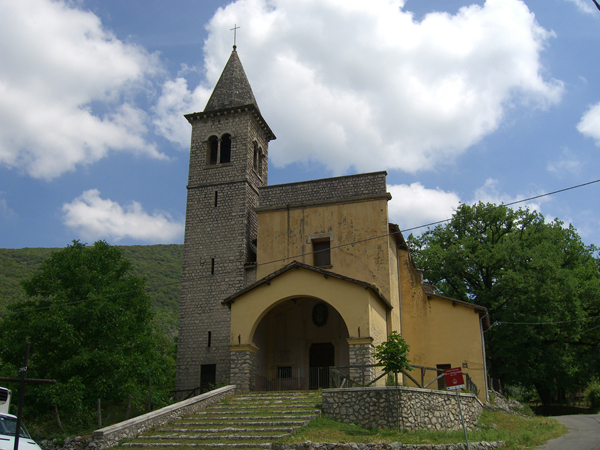

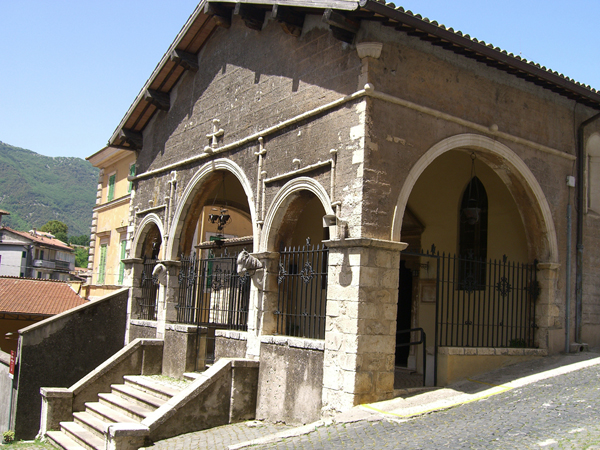
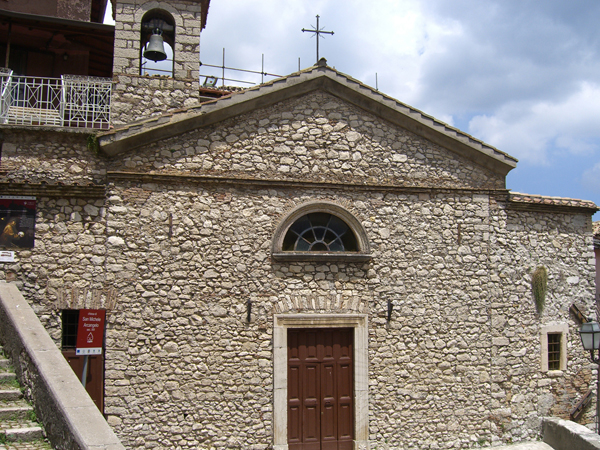
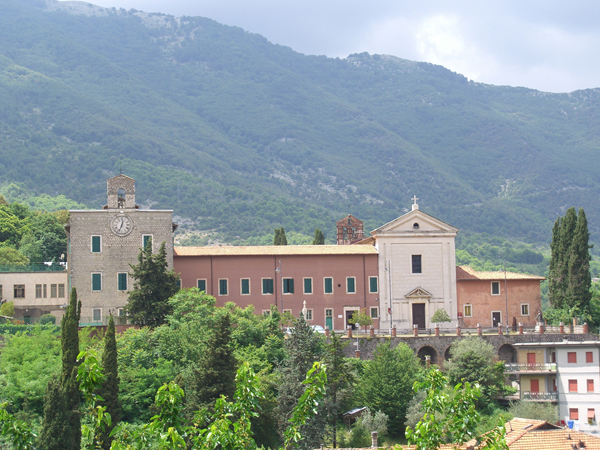
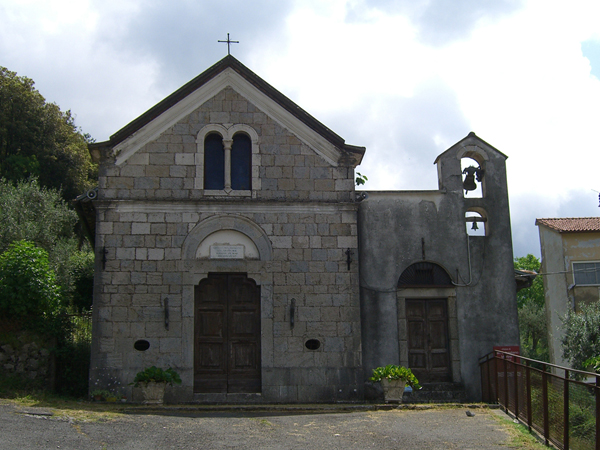

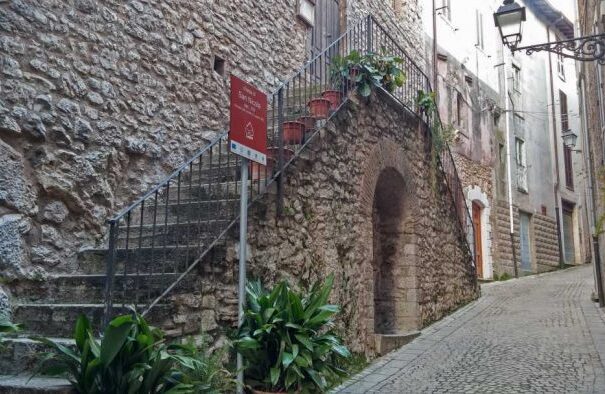
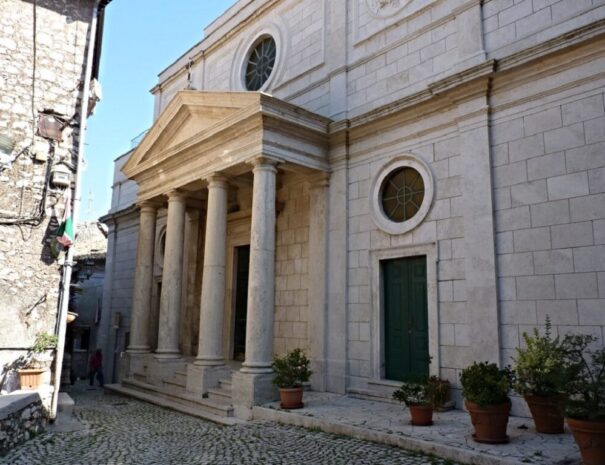
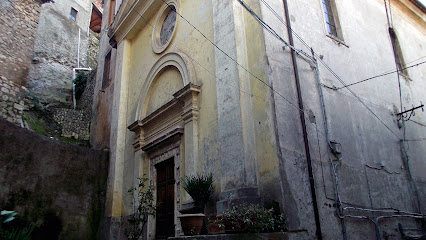
Richard McClintock, a Latin scholar from Hampden-Sydney College, is credited with discovering the source behind the ubiquitous filler text. In seeing a sample of lorem ipsum, his interest was piqued by consectetur—a genuine, albeit rare, Latin word. Consulting a Latin dictionary led McClintock to a passage from De Finibus Bonorum et Malorum (“On the Extremes of Good and Evil”), a first-century B.C. text from the Roman philosopher Cicero.
It’s difficult to find examples of lorem ipsum in use before Letraset made it popular as a dummy text in the 1960s, although McClintock says he remembers coming across the lorem ipsum passage in a book of old metal type samples. So far he hasn’t relocated where he once saw the passage, but the popularity of Cicero in the 15th century supports the theory that the filler text has been used for centuries.
And anyways, as Cecil Adams reasoned, “[Do you really] think graphic arts supply houses were hiring classics scholars in the 1960s?” Perhaps. But it seems reasonable to imagine that there was a version in use far before the age of Letraset.
And anyways, as Cecil Adams reasoned, “[Do you really] think graphic arts supply houses were hiring classics scholars in the 1960s?” Perhaps. But it seems reasonable to imagine that there was a version in use far before the age of Letraset.
Richard McClintock, a Latin scholar from Hampden-Sydney College, is credited with discovering the source behind the ubiquitous filler text. In seeing a sample of lorem ipsum, his interest was piqued by consectetur—a genuine, albeit rare, Latin word. Consulting a Latin dictionary led McClintock to a passage from De Finibus Bonorum et Malorum (“On the Extremes of Good and Evil”), a first-century B.C. text from the Roman philosopher Cicero.
It’s difficult to find examples of lorem ipsum in use before Letraset made it popular as a dummy text in the 1960s, although McClintock says he remembers coming across the lorem ipsum passage in a book of old metal type samples. So far he hasn’t relocated where he once saw the passage, but the popularity of Cicero in the 15th century supports the theory that the filler text has been used for centuries.




